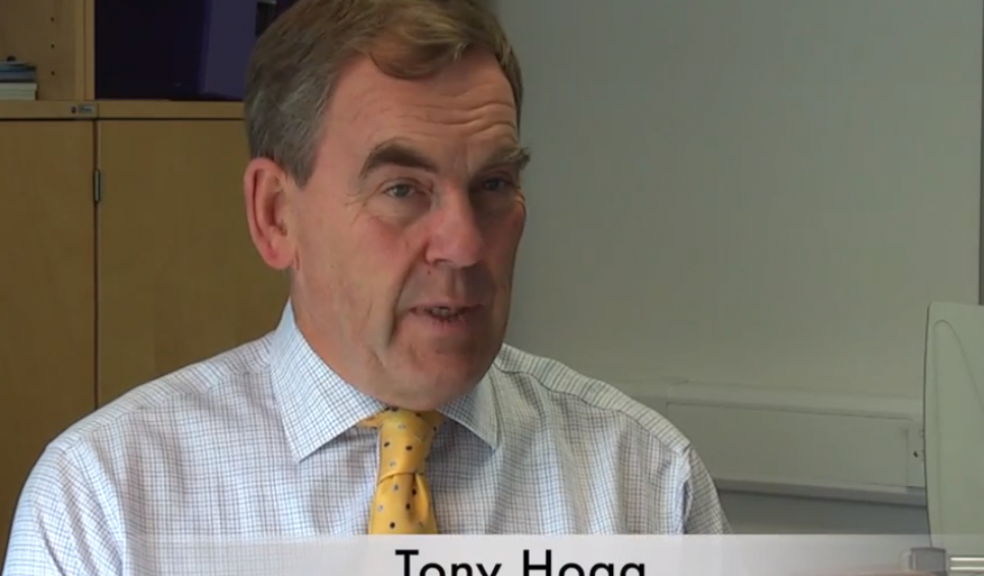
Crime figures – good news or bad?
This week we saw the publication of the three-monthly crime figures from the Office of National Statistics (ONS).
As police and crime commissioner it is inevitable that the media will want me to comment in simple sound bites - is this good news or bad news news - so I thought I would clarify why I have been guarded in some of the interviews I have carried out this week.
ONS figures are, and always have been, released three or four months in arrears - in this case to the end of June 2013, whereas, day to day, myself and the chief constable are dealing with up to the minute statistics about the crime that is happening now.
It is up to me, on the public’s behalf, to hold the chief constable to account for the Force’s performance - that is the job, particularly when he admits his concerns about being able to hit the overall year end crime reduction target we agreed in earlier this year.
Let us be clear, there was some good news in the latest figures as it showed crime had been falling at around five per cent and importantly, officers have a good grip on some major crime types like serious violence, domestic burglary and car crime.
Given the very heavy pressures on officers this is commendable.
But since June the reduction in crime has slowed and at this moment the Force’s slide down the rankings of the country’s safest place to live and work presents a sobering picture - from fourth early last year to 12th now and, I fear there is worse to come.
This coincides with a significant and not to be easily dismissed rise in what is often termed low-end or volume recorded crime, crimes which do have a big impact on society like shoplifting, public order, violence without injury and possession of weapons.
Partly this can be attributed to the effects and after-affects of our beautiful summer and the population boom during those months, blended with over-indulgence in alcohol.
But do these the types of crime really only happen in the areas where people visit on holiday? We are certainly seeing a shift in where these low-end crimes are being committed, away from town centres with pubs and bars to neighbourhoods, into the hearts of our communities, and I want to know why. Are we seeing the beginnings of a squeeze on families from the effects of the Government’s welfare reform?
Whatever the causes, this increase in low-end crime and other local factors is driving Devon and Cornwall down the rankings which could have a negative impact on investment into the area and I have to take this into consideration.
For many years the police have well understood the importance of public confidence, so that people feel safe in their homes and communities - so it would be unwise to ignore the league table’s influence on the public’s perception of safety.
I also need to be realistic, to inform the public that the squeeze on the public sector is forecast to get much worse before it gets better, and to do everything in my power to give the chief constable the resources he needs to transform the Force into an organisation which can weather the coming storm - we want to be ahead of the game.
So far I have been able to halt the reduction of officers by increasing the council tax precept. The public is paying more for its police force and it is now entitled to expect a balanced reduction in crime not just a reduction at the top end.
The true performance position for the year will not emerge until the next set of ONS figures is published in January but please be assured, I am very proud of this police force and the chief constable and I will continue to work hard, both locally and in London, to reduce crime and have Devon and Cornwall's special case for increased funding acknowledged.














